Boris Johnson says Russia has stockpiled nerve agents for past 10 years
British Foreign Secretary Boris Johnson has accused Russia of stockpiling nerve agents “within the last 10 years,” to allegedly use it for assassination.
Johnson made the comments during an interview with BBC’s Andrew Marr regarding the recent poisoning case of a former Russian double agent in the English city of Salisbury.
“We actually have evidence within the last 10 years that Russia has not only been investigating the delivery of nerve agents for the purpose of assassination, but has also been creating and stockpiling Novichok,” he said.
Novichok was the type of nerve agent used against former Russian spy Sergei Skripal and his daughter Yulia in the Salisbury terror case.
UK Foreign Secretary Boris Johnson explains why he said it was "overwhelmingly likely" Vladimir Putin ordered the nerve agent attack in Salisbury #Marr https://t.co/UjqlRZwAx6 pic.twitter.com/4bWm4x3Z39
— BBC News (UK) (@BBCNews) March 18, 2018
In response to the Russian ambassador to the EU who said, in an earlier episode of the show, that a British research laboratory could be the source of the nerve agent, Johnson described the claim as “satirical.”
Johnson said Friday that it is “overwhelmingly likely” that Russian President Vladimir Putin personally ordered a nerve agent attack in southern England.
Meanwhile, experts from Organization for the Prohibition of Chemical Weapons are heading to Britain on Monday to investigate samples of the toxin used to attack the Russian spy and his daughter. The incident has severely soured relations between London and Moscow.
Russia demands samples
Russian Foreign Minister Sergei Lavrov said during a televised press conference that Russia was not responsible for the poisoning and demanded that Britain seek to mediate the case under the chemical weapons convention.
“We have already made our statement on this case,” he said. “Russia is ready to cooperate in accordance with the convention to ban chemical weapons if the United Kingdom will deign to fulfill its obligations according to the same convention.”
In his remarks, Lavrov said that under the convention, Russia would have 10 days to reply to an official accusation by the UK over the use of a banned substance within its borders.
Other Russian officials have acquired a more dismissive tone.
“We have an enormous government here in Russia, it’s a global country, we have a mass of problems both internal and external,” Andrei Klimov, the deputy head of the Russian federation council’s foreign affairs committee, told The Guardian by telephone
“This entire story about your internal score-settlings and scandals doesn’t interest me.”
Meanwhile, Alexander Yakovenko, Russia’s ambassador to Britain, said on Sunday that Russia would not cut off energy supplies to the UK as relations deteriorate, but he warned that Moscow would retaliate further if Britain keeps ratcheting up its rhetoric.
Yakovenko told the Mail that “in case of further unfriendly actions against Russia, the Russian side reserves the right to take further retaliatory measures.”
He added that the dispute was “escalating dangerously out of proportion . . . restraint is needed, and cooler heads.”
Diplomat discourages recourse to pressure, intimidation, confrontation against Iran
UN: 2024 deadliest year for aid workers amid genocide in Gaza
Gaza health official warns of hospital shutdowns within 48 hours
Israel kills 5 more paramedics in southern Lebanon: Health ministry
Iran to launch ‘new, advanced’ centrifuges in response to IAEA resolution: AEOI
Yemen fires hypersonic missile at Israeli airbase
VIDEO | New Delhi chokes under toxic smog as air quality remains at hazardous levels
VIDEO | Press TV's news headlines


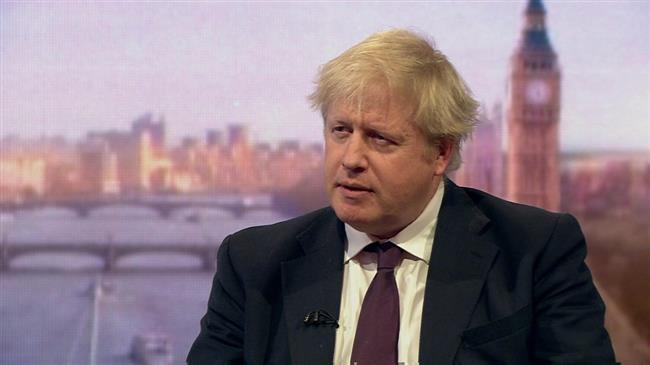


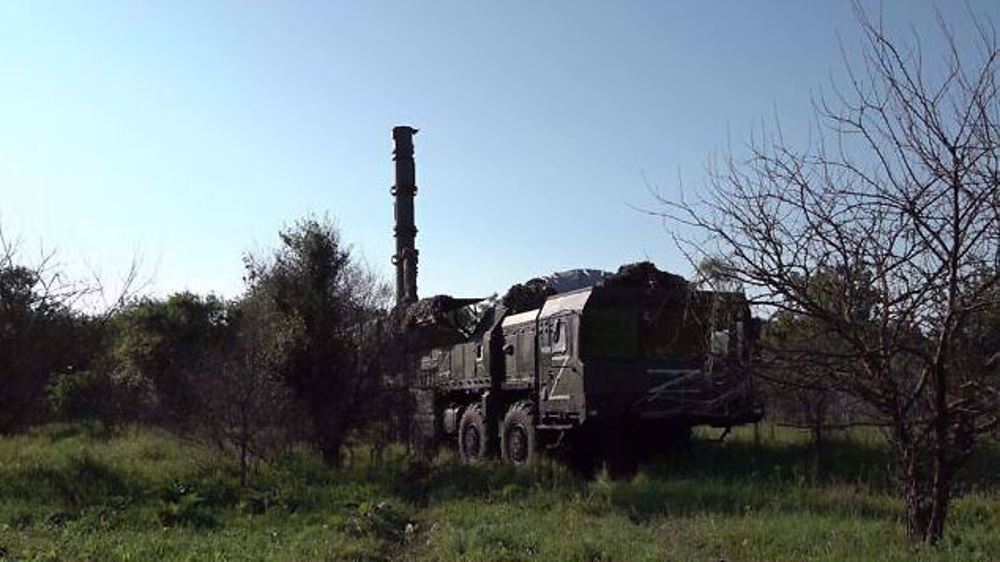
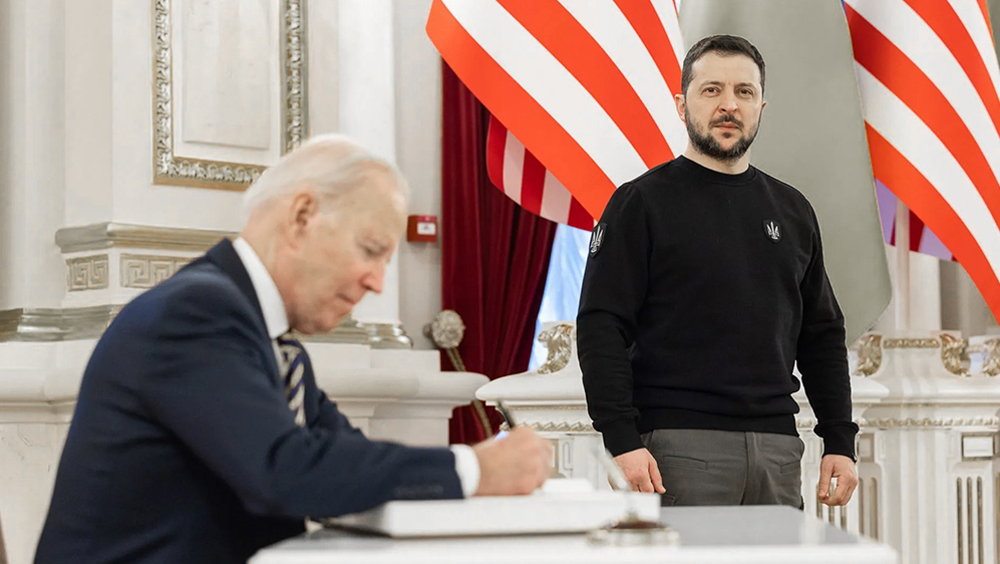



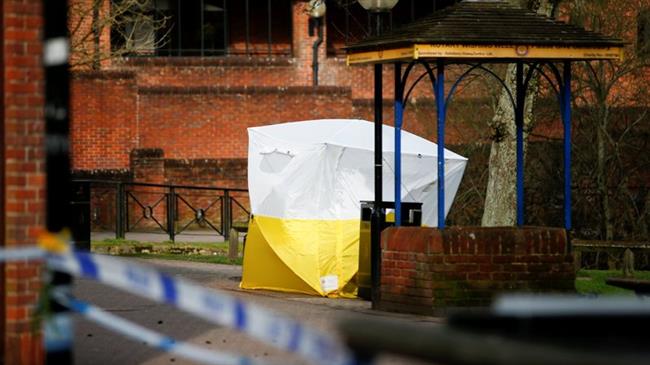
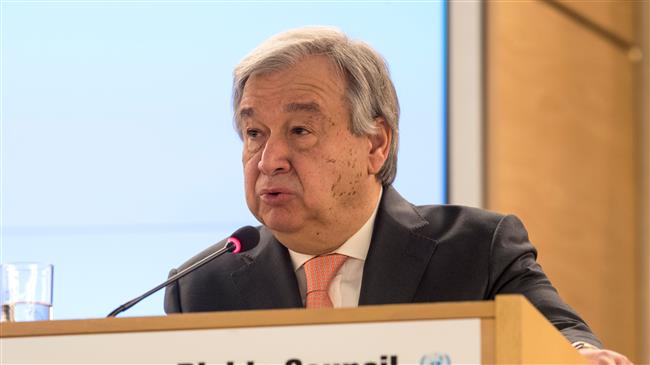
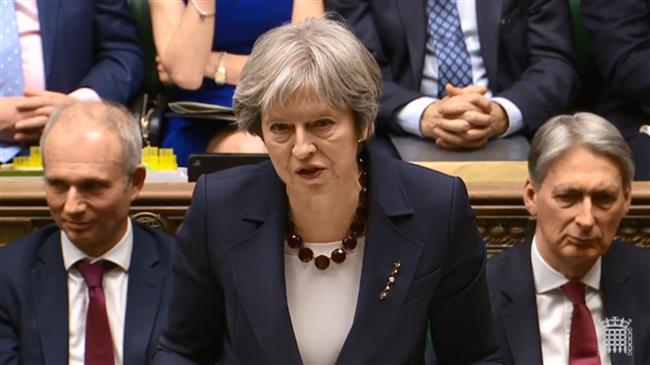
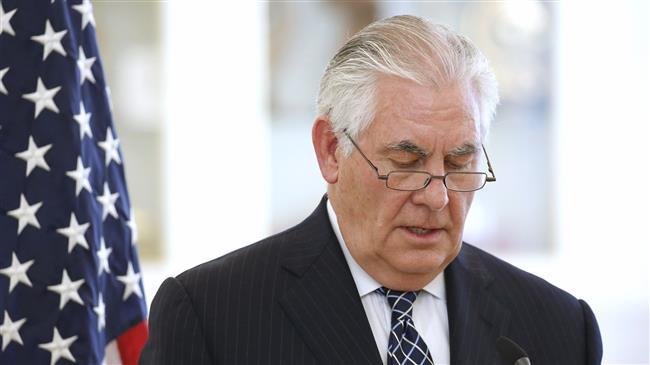

 This makes it easy to access the Press TV website
This makes it easy to access the Press TV website